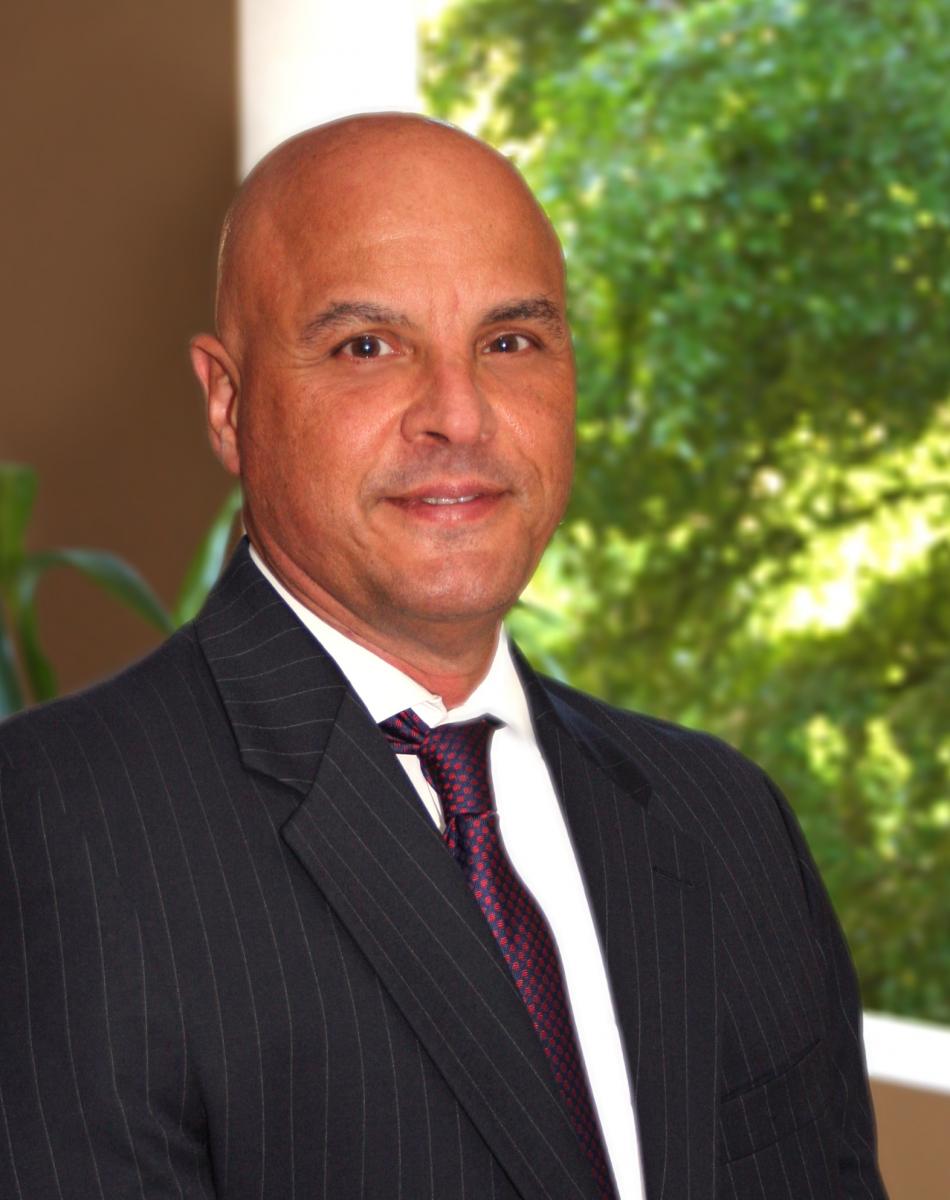The Commercial Corner: Playing Matchmaker With Small-Balance Borrowers

Close more deals by pairing your commercial client with the right program
Matching your commercial borrower to a program that best suits his or her needs has a direct effect on whether the deal actually closes. Brokers who take the time to educate themselves on the loan programs available will be best prepared to make a sensible match between borrower and program.
Personalize the borrower’s scenario
First, understand your borrowers’ needs. Do they intend to use the mortgage for a purchase, cash-out or refinance? How long do they intend to keep the property? Knowing their rate and loan-to-value (LTV) expectations are also important considerations, depending on their specific situations.
For example, in the case of an owner-occupied purchase where the borrower is planning to stay in the property for a long period of time, a fixed-rate loan with a long-term or an interest-only program will give the buyer a smaller principal and interest (P&I) payment. Conversely, an adjustable-rate program may be more suitable for property investors who intend to own the property for a limited time.
Keep in mind that these needs can change over time. A hard money loan could have made sense for a borrower when they were under a stiff time constraint. However, they will likely want a lower rate and more attractive terms when it comes time to refinance. They may still be unable to work with a traditional lender, but you can help by identifying non-bank lender options with competitive rates.
Educate on rate
Take the focus off rate and look instead at the big-picture scenario. Consumers are typically focused on the “lowest rate” because the assumption is that the lower the rate, the lower the payment. However, this is not always the case. Keep in mind that in order to truly compare rates, the “all-in” costs of the loan must be considered.
“All-in” costs include the costs of factors such as annual audited financial statements, tax returns, structural reports, inflated closing costs and lost opportunity costs of re-qualifying. Re-qualifications are costly to the borrower in many ways: A new appraisal, audited financial statements, and tax returns are all needed again.
Finally, underwriting can be more stringent with lower-rate programs, terms may not be as favorable and debt-to-income (DTI) may not be permitted to qualify the borrower and property.
Generally speaking, if a borrower amortizes a loan over a longer period of time, such as a 30-year term, the P&I payment will be lower than if he or she had selected a program with a slightly lower rate amortized for 15 years.
The goal is to educate your borrowers so they understand why a particular program is a match for them. When you’re perceived as a knowledgeable professional, borrowers will feel more comfortable doing business with you. Naturally, you will close more deals, provide better customer service and reap the benefits of repeat business and referrals.

Michael Boggiano is national sales manager for Silver Hill Funding, a small-balance commercial mortgage lender offering nationwide financing from $250,000 to $1 million. He may be reached by phone at (888) 988-8843 or e-mail [email protected].
This article originally appeared in the May 2016 print edition of National Mortgage Professional Magazine.




